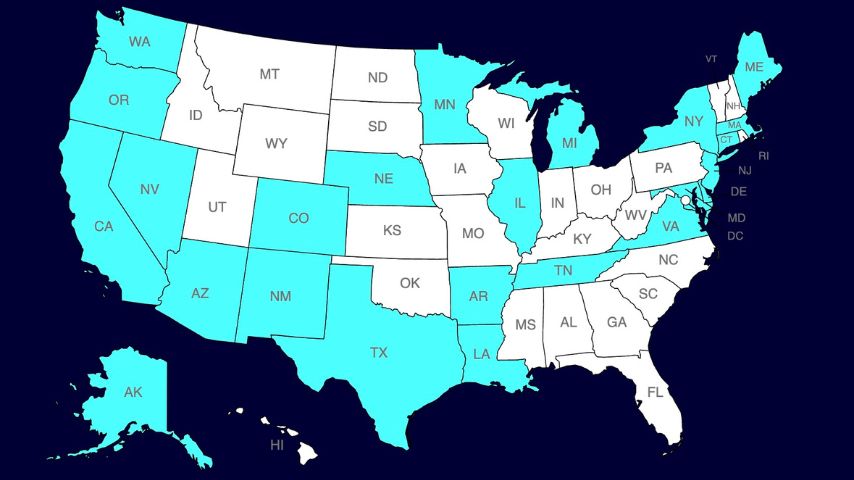
Understanding the CROWN Act
The CROWN Act is a law that prohibits natural hair discrimination in the workplace and K-12 public and charter schools. CROWN means “Creating a Respectful and Open World for Natural Hair.”
Natural hair discrimination refers to denial of employment and educational opportunities because of hair texture or protective hairstyles. Natural hair texture is typically coiled, kinky, or tight and curly. Examples of hairstyles include afros, braids, cornrows, locs, twists, and Bantu knots.
This type of discrimination is often embedded in school dress codes and workplace grooming policies, through emphasizing Eurocentric professionalism and beauty standards. Generally, these standards align with biases that favor straight and smooth hair texture and styles.
It can look like:
- Scoring someone lower on professionalism and competence during a job interview
- Rescinding a job offer (EEOC 2013)
- Sending a child home from school or an employee home from work
Natural hair discrimination refers to denial of employment and educational opportunities because of hair texture or protective hairstyles.
Black and brown people, especially Black and brown women, are most often targeted by natural hair discrimination. According to a 2019 study conducted by Dove, Black women’s hair is 3.4 times more likely to be perceived as unprofessional compared to white women’s hair, as demonstrated in this video clip:
The Dove study found that this leads to Black women being 30% more likely to be made aware of a workplace grooming policy during an interview or orientation process relative to white women. They are also 80% more likely to feel they need to change their hair from its natural state to fit in at work.
How many states have passed the CROWN Act?
The CROWN Act was first passed in 2019 in California. It has since become law in 24 states and over 40 municipalities.
The CROWN Act was reintroduced in the U.S. House of Representatives and the U.S. Senate in spring 2024.


Atana’s Unintentional Still Hurts course helps employees recognize and respond differently to unconscious biases that can lead to discriminatory behaviors.







